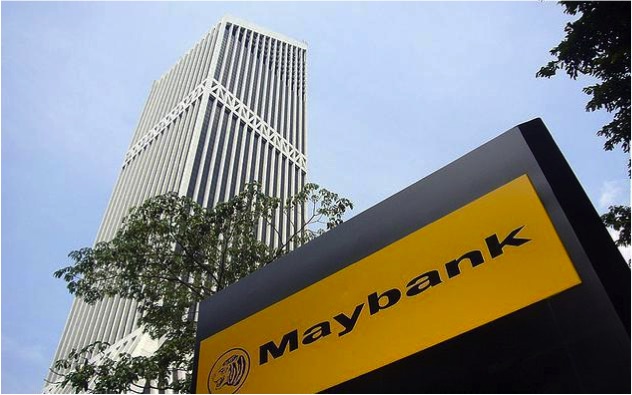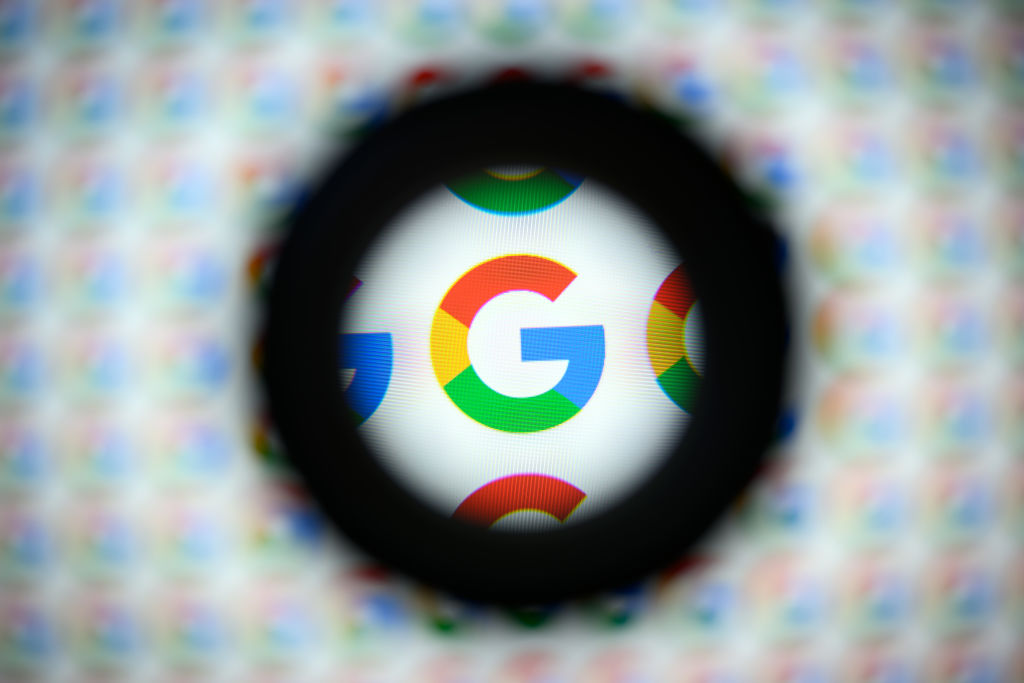Google’s appeal to the European Union’s General Court has resulted in a significant reduction of the penalties the company faces in Europe.
In 2019, Google was hit with a €1.5 billion ($1.7 billion) fine from the European Commission over what was described as “abusive practices in online advertising.” However, the court ruled in Google’s favor by annulling the fine, finding that the European Commission did not consider all the relevant circumstances when assessing how long the company had engaged in anti-competitive behavior.
The European Commission, led by competition chief Margrethe Vestager at the time, had determined that between 2006 and 2009, Google had inserted exclusivity clauses in its contracts with publishers. These clauses prevented publishers from hosting rival search advertisements on their search result pages. Although Google adjusted these clauses in 2009, it was not until 2016 that the company removed all restrictions from its contracts.
The fine in question had been particularly hefty because of the commission’s assessment of both the duration and the severity of Google’s actions. However, the court’s ruling indicated that the commission did not properly factor in every aspect of the case, leading to the annulment of the fine.
Google Responds to Court Ruling
Google’s response to the court’s decision expressed satisfaction. In a statement to the Financial Times, the company explained that the case involved a narrow subset of text-only search ads on a limited number of publishers’ websites. Google also highlighted that it had already made the necessary changes to its contracts in 2016, before the European Commission’s ruling.
The company was pleased that the court recognized what it called “errors” in the original decision, which resulted in the fine being annulled. Google also indicated that it would review the court’s decision in full to better understand its implications.
On the other hand, the European Commission maintained a more reserved stance following the court’s ruling. A representative told the Financial Times that the commission would study the judgment carefully and reflect on the next steps. While no immediate response has been confirmed, it is possible that the commission could appeal the court’s ruling.
Antitrust Fines Continue for Google in Europe
This case is part of a broader pattern of antitrust actions taken against Google by the European Commission over the last few years.
Earlier in September, the European Union’s highest court upheld a separate $2.7 billion fine imposed on Google in 2017. That case involved Google’s comparison shopping service. The commission found that Google had unfairly promoted its own service in its search results, while demoting the services of competitors. This decision confirmed the commission’s stance that Google had abused its market dominance as a search engine.
Margrethe Vestager has been instrumental in pursuing these market abuse cases against Google and other major tech firms. Throughout her tenure as the European Union’s competition commissioner, Vestager took an aggressive approach to regulating tech giants, accusing them of abusing their power in various market segments. Her efforts were central to the formation of the Digital Markets Act (DMA), which is designed to prevent large companies from exploiting their market dominance. The DMA will enforce stricter rules on tech companies, including the prohibition of practices that limit competition in digital markets.
Vestager is expected to step down from her position in the coming weeks, leaving behind a legacy of assertive regulation of major technology firms. Despite her upcoming departure, the cases she has initiated, such as the one against Google, have had a lasting impact. They signal the European Union’s commitment to curbing anti-competitive practices and creating a more level playing field for smaller competitors. Google’s ongoing legal battles with the EU serve as a reminder of the complex regulatory environment that big tech companies face in Europe.
As of now, the European Commission has yet to reveal whether it will pursue further action in response to the General Court’s ruling on the annulled fine. However, with other antitrust penalties already confirmed and the DMA soon to be implemented, the scrutiny of Google’s business practices in Europe is far from over.













